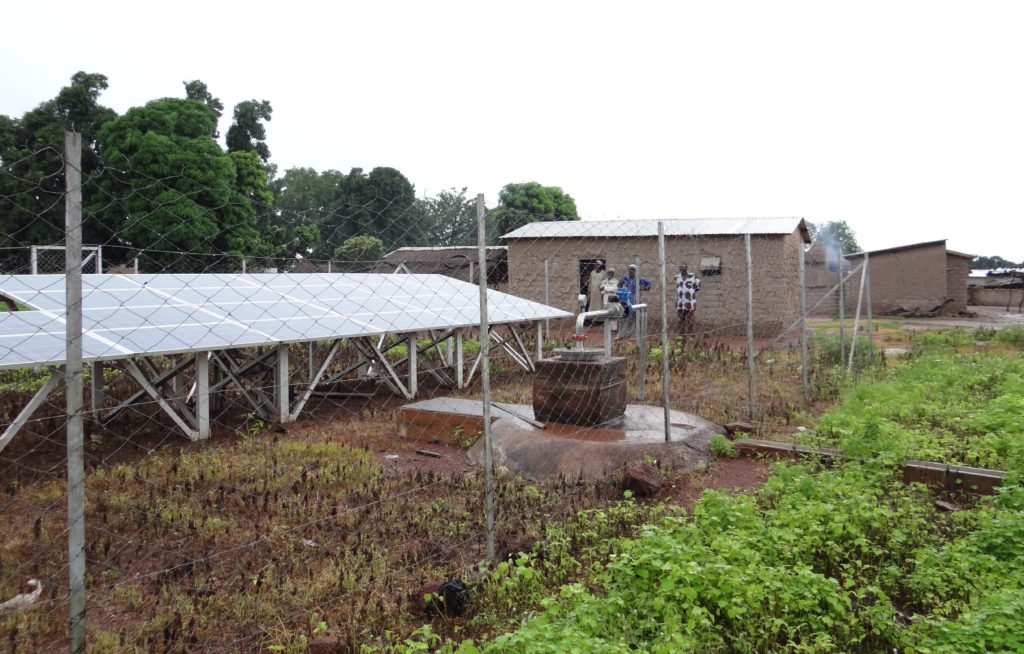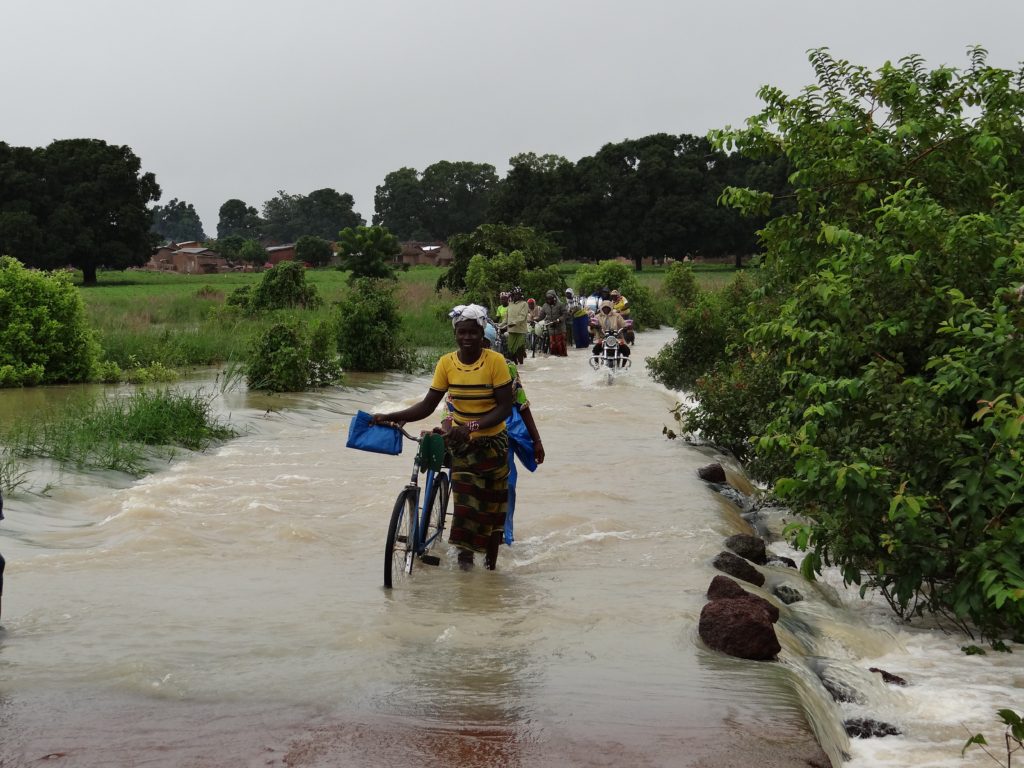A Glimpse into Village Life
Lofine, Mali, West Africa: Life in the village is a mixture of technologies. Homes may be 1 room with dirt floors and clothes washed by hand in the river flowage but a solar collector provides energy to pump water that is transported by pipe and stored in a water tower for drinking. Cell phones ring during training classes, texting is discretely handled and picture taking and videoing of the workshop training is constant. Bicycles are everywhere a common transportation method for both adults, children and delivery of supplies. Music is played on handmade instruments (see video of xylophone) using local materials such as dried gourds and soccer is enthusiastically played in the evening.

Cell phones ring during training classes, texting is discretely handled and picture taking and videoing of the workshop training is constant. Bicycles are everywhere a common transportation method for both adults, children and delivery of supplies. Music is played on handmade instruments (see video of xylophone) using local materials such as dried gourds and soccer is enthusiastically played in the evening.
There is only one road into the village. During the rainy season much of it remains flooded and fishing and swimming along the road bank is common. Rice is transplanted by hand in the flooded flat lands. The New Rice for Africa, “NERICA,” is also grown—an interspecific hybridization between Asian and African species suited to drylands and higher in protein and yields than imported Asian rice. Millet or rice is a dinner staple along with fish fresh from the river. The farmers are skilled producers of cotton, sweet potato, millet and maize. This year the maize stalks (corn) is turning yellow not due to drought but to too much rain.

The road to Lofine. Mali, West Africa
The Farmer-to-Farmer project provided to the WUYANION cooperative was funded by USAID-MAVEN program and Winrock International.
